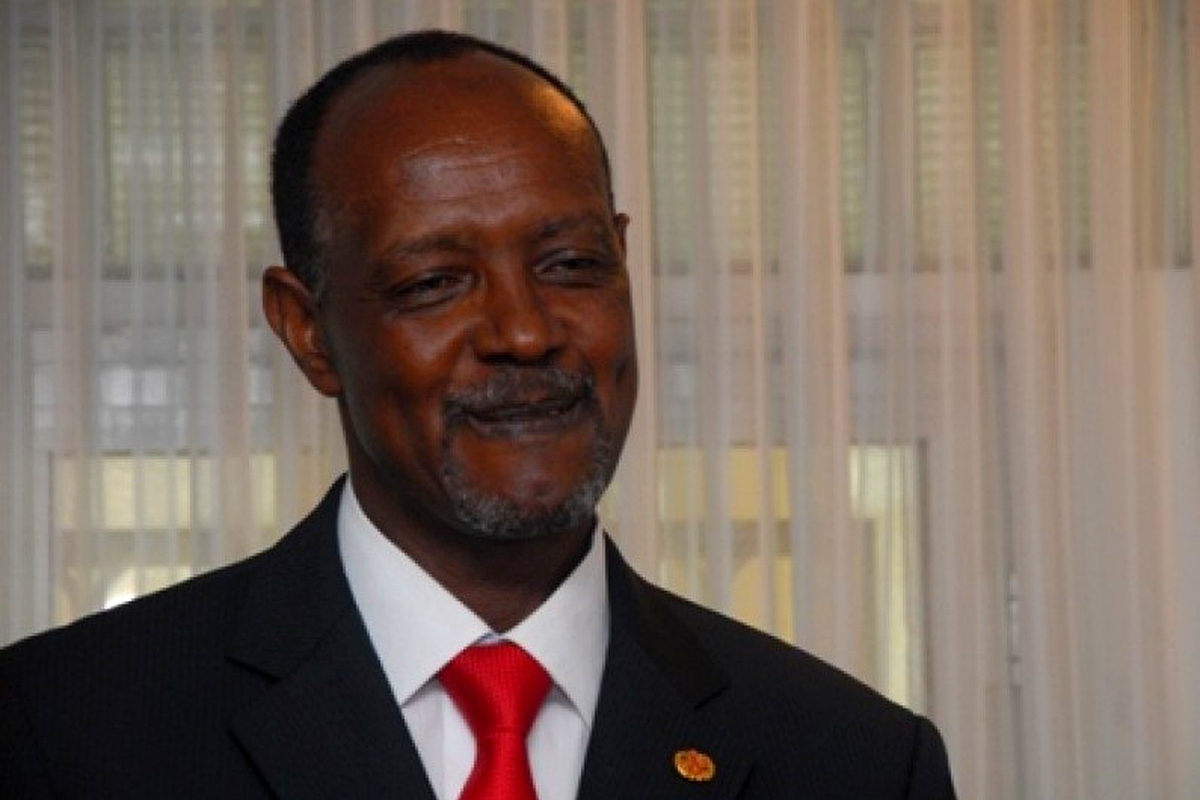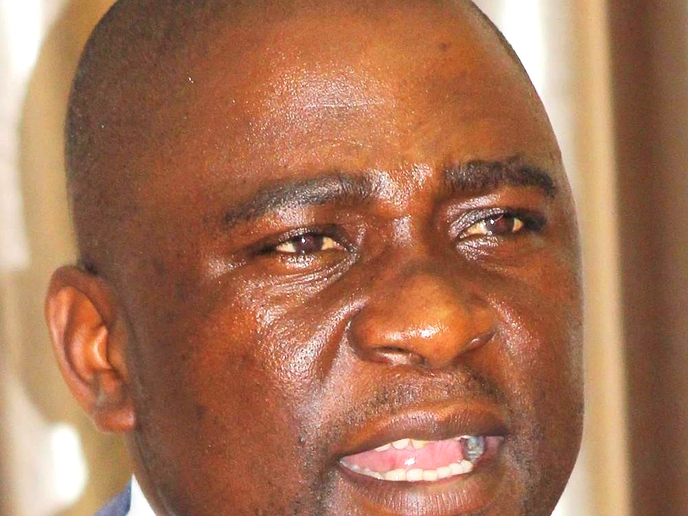UNITED Nations (UN) Resident Coordinator Salvador Niyonzima says malnutrition cripples the health of children in Lesotho, often times even leading to death.
health
Nov. 21, 2020
LINEO MABEKEBEKE
2 min read
Malnutrition cripples health of children in Lesotho

UN Resident Coordinator to Lesotho Salvador Niyonzima
Speaking at the Maximum Intervention Programme (MIP) launch ceremony, which was held this week in Quthing, Mr Niyonzima said malnutrition is a problem that can be solved and prevented if all continue to combine efforts together in order to achieve a sustainable reduction of the problem in Lesotho.
The government and the UN in Lesotho officially launched the MIP with the aim of enhancing food and nutrition security in the country.
The MIP is supported by the Renewed Efforts Against Child Hunger (REACH), an inter-agency (FAO, WHO, UNICEF, WFP and IFAD) partnership that aims to support the government by promoting a country-owned and country-led, multi-sectorial approach to addressing malnutrition.
The nutrition situation remains a great concern in Lesotho.
According to the 2018 Multiple Indicator Cluster Survey, stunting rates among children under the age of five remain high at 34.5%.
Micronutrient deficiencies are rife among children aged six to 59 months, 52% of these have an iron deficiency/anaemia. Over 27% of girls and women and 14 % of boys and men in the 15-49 age range are also anaemic.
The MIP was officially launched in Quthing, Qomo-qomong, in the village of Ha Ramosoeu where members of the community were provided with educational materials guiding them on vegetable production, with the aim of promoting dietary diversity.
The community was also provided with information on child feeding during COVID-19, as well as on hand and respiratory hygiene.
The Programme will be implemented in four districts with high stunting rates, including Mokhotlong, Botha-Bothe, Thaba-Tseka and Quthing.
It will support the diversification diets in hard-to-reach areas and among the most vulnerable populations by introducing community-based promotion and production of highly nutritious foods.
Enjoy our daily newsletter from today
Access exclusive newsletters, along with previews of new media releases.
The UN in Lesotho recognises that nutrition is central to the sustainable development agenda and that there is need to act in a coherent and collective manner in terms of policies, actions, staffing and resources.
Several initiatives have been undertaken by the leadership in the country to raise awareness on the importance of nutrition. The national policy on food and nutrition was endorsed by the government in 2016.
Furthermore, His Majesty King Letsie III remains an advocate on issues of nutrition and the prevention of malnutrition and stunting as the African Union (AU) Champion on Nutrition, as well as the Food and Agricultural Organisation (FAO)’s Special Ambassador on Nutrition and the World Bank’s Human Capital Ambassador.
Tailored for you






